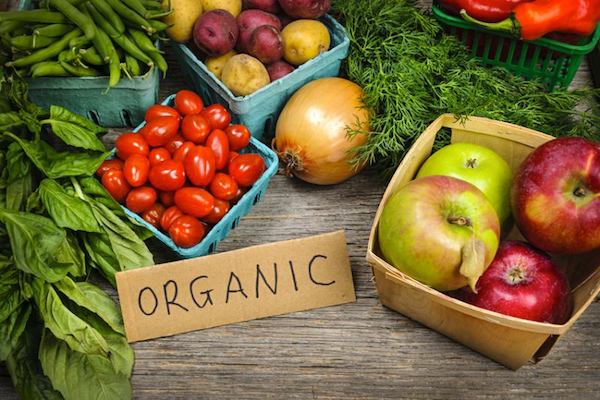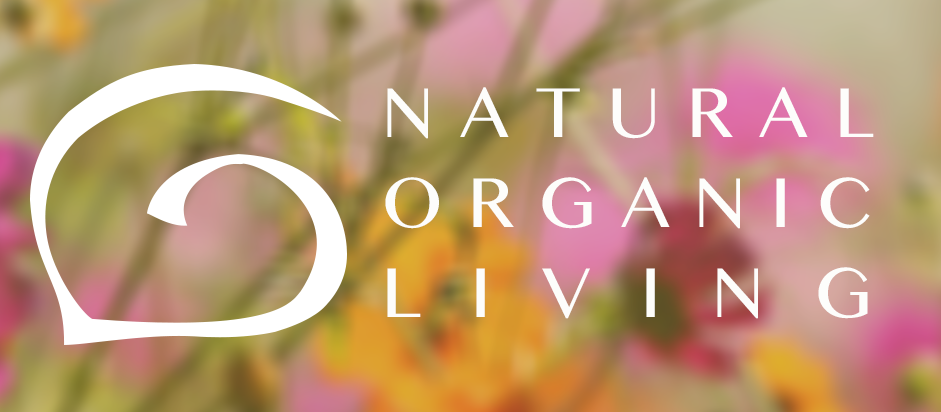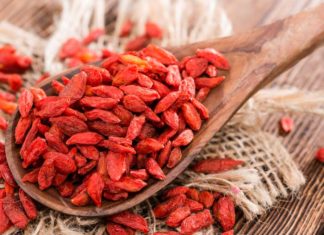
This question many ponder when organic food come to play. The misconception that people usually have is there is no difference between organic food and current product food. However, this is not true. In fact, organic food has more antioxidant compounds linked to better health and lower levels of pesticides and toxic metals than current product food. Let’s learn how they are different from each other by reading on below
What is organic food?
Organic food is grown or farmed without the use of artificial chemicals, antibiotics, hormones or genetically modified organisms. It refers to items that are produced with beneficial means but using fewer artificial. Stringent standards for organic food production, handling, and processing exist all over the world.

Organic food is naturally produced, it refers to how farmers grow and process food
Here are some differences between organic and non-organic food:
|
Organic vs. Non-Organic |
|
|
Organic produce: |
Non-organic produce: |
|
Produced are grown with natural fertilisers (manure, compost). |
Produced are grown with chemical fertilisers or synthetic. |
|
Weeds can be controlled naturally (hand weeding, crop rotation, mulching, and tilling). |
Weeds can be controlled with chemical herbicides. |
|
Pests are often controlled by using natural methods (birds, traps, and insects) and naturally-derived pesticides. |
Pests are usually controlled with synthetic pesticides. |
What is the difference between organic food and current product food?
While the popularity of organic food continues to increase, there are still many people who don’t know what organic food is or how it differs from current produce food. Here are the differences:
- A range of antioxidants
The team, led by Professor Carlo Leifert at Newcastle University, confirms that there are “statistically significant, meaningful” differences, with the range of antioxidants being “substantially higher” – between 19% and 69% – in organic food. It demonstrates clear and wide-ranging the differences between organic and current product foods such as fruits, vegetables and cereals.
- Food Labels
Whenever you see the word “organic” on a package or a label of any product, it means this product was grown or made according to the strict standards (i.e. without the use of persistent chemicals, toxic, GMOs, antibiotics or hormones) as established by The Australian Department of Agriculture and Water Resources (ADAWR).

This label means that all materials are made entirely from organic
All farmers or food producers who label and sell their products as organic must be in accordance with ADAWR standards as follow:
| 100% Organic | Made entirely from organic materials. This description is used on certified organic food such as fruits, vegetables, meat, eggs, or other single-ingredient food. It can also be used on multi-ingredient food if all of the ingredients are certified organic, excluding water and salt. These may have an ADA seal. |
| Organic | If a multi-ingredient food is labelled organic, at least 95% of it are from organic materials, with remaining ingredients that are approved by ADA. |
| “Made With Organic” Ingredients | At least 70% organic ingredients and can display 3 organic ingredients on the label. Cannot use the organic seal. For example, a breakfast cereal might be labelled as “made with organic oats.” The ingredient list must identify what ingredients are organic. These products may not carry an ADA seal. |
| Non-Organic | If the products contain less than 70% organic ingredients, they cannot be labelled as organic or use the ADA organic seal. |
- Aesthetics
Many people argue that organic food look and feel differently than non-organic food because it is available in variable shapes and sizes. Current product food items are considered almost look too “perfect”. Whereas those organic products resemble the fresh fruits and vegetables from the backyard garden with non-symmetrical shapes, varying colours and even some blemishes because unprocessed or minimally processed produce is treated with a variety of growth-enhancing substances and is also commonly subjected to USDA grading and quality standards while organic food is not.
- Food Demand
Organic food: There is considerably more demand for organic food than for current product food. Organic food is readily available all over the world, and it has become more and more popular over the years.
Current product food: The demand is increasing, because they are cheap and convenient.
- Pesticides
Current growers use pesticides to protect their crops from insects and diseases. According to the USDA, organic food carries significantly fewer pesticide residues than current food production. However, residues on both organic and non-organic products do not exceed government safety thresholds. Most experts conclude that the amount of pesticides found on fruits and vegetables indicates a minimal health risk.
- Health Benefits
Organic Food: People prefer organic food because they feel that it is safer than current produce food as it is chemicals free in its production. Besides, recent research on the health benefits of organic food has boosted the spirits of organic food lovers. It is said that choosing organic food can lead to reduced exposure to toxic heavy metals and increase intake of nutritionally desirable antioxidants.
Current product food: involve the use of some chemicals which have a devastating effect on the environment, while the residues of these chemicals in food have dubious effects on human health. All current product food on the market including those that contain residues of antibiotics, pesticides, growth hormones and other types of chemicals that used during production and processing is said to be safe. As there is no direct reported linkage on people getting ill from eating current product food; however, it must be stress that the effects of these chemicals in the long term remain unknown. Some national health organisations recommend parents to choose organic food for their children because they are more susceptible to the effects of pesticides than the adults making one wonder whether the residues of these chemicals in food products are as harmless as they are claimed to be.
- Nutritional value
Organic food is richer in nutrients, in particular, polyphenolic compounds and organic acids, which have been shown to have human health benefits as antioxidants.

Organic food brings many phenolic substances and specific vitamins.
- Cost
Organic Food: It is often priced higher than non-organic food. Because the farmers have to pay more for organic animal feed, farming practices and tighter government regulations. Besides, farmers don’t use herbicides; this also means their products are usually lower crop yields.
Current product food: You may pay less for current product food, but if you take into account the true cost of current product food practices on the environment and clean-up costs, organic food might be cheaper in the end.
- Shelf Life
Organic Food: The shelf life of organic food is more than that of current product food, implying that you can store it safely for a longer duration.
Current product food: Due to it’s minimally processed, many of their food items have high water content causing a shorter shelf life.
- Availability
Organic food: The consumers can buy organic food in every major supermarket. There are even many speciality stores selling organic food exclusively, and you can also purchase organic food online as well.
Current product food: It is more available than organic food. It is a vastly growing market.
- Environment
Some people buy organic food for environmental reasons. Almost all organic farming practices are designed to benefit the environment by conserving water and soil quality and reducing pollution.
When you are deciding whether to buy organic food, multiple factors beyond just health considerations may influence your decision. We recommend that you make your choices based on the factors that are important to you. Well, if you would like to know more useful information about organic food, please visit our website at https://naturalorganicliving.com.au/. Thanks for your reading!













